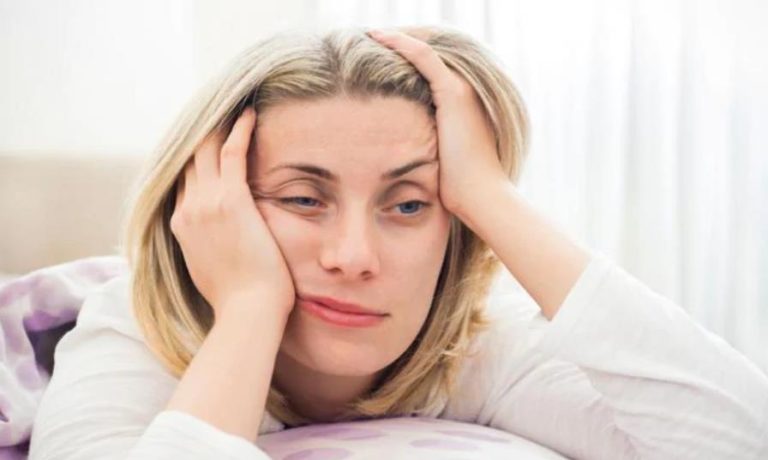

In general, children and teens need more sleep than adults. While there are certainly individual differences in the amount of sleep each adult needs, the American Academy of Sleep Medicine (AASM) recommends that adults sleep at least 7 hours on a regular basis to promote optimal health and functioning, with most adults needing somewhere between 7-9 hours. The amount of sleep individual’s need in part depends on their age. Do individuals vary on the amount of sleep they need? Are there really larks and owls? The annual campaign begins at the start of Daylight Savings Time, when Americans lose an hour of sleep. In 1998, the National Sleep Foundation launched Sleep Awareness Week as a way to promote better sleep and increase overall health and well-being. The good news is that there are ways to improve sleep quality and quantity, so identifying and addressing sleep problems is critical to alleviating the severity of psychiatric disorders. Sleep deprivation studies show that otherwise healthy people can experience increased anxiety and distress levels following poor sleep. Those with mental health disorders are even more likely to experience chronic sleep problems and, in turn, these sleep problems are likely to exacerbate psychiatric symptoms and even increase risk for suicide. While insomnia can be a symptom of psychiatric disorders, like anxiety and depression, it is now recognized that sleep problems can also contribute to the onset and worsening of different mental health problems, including depression, anxiety, and even suicidal ideation. Not getting enough sleep or poor-quality sleep can increase risk for mental health disorders.
:max_bytes(150000):strip_icc()/what-is-insomnia-the-features-symptoms-and-causes-3014805-01-6d8b6d5d948945e68dd24a68c45ef795.png)
What are the psychological effects of sleep deprivation? Is there a link between insufficient sleep, mental health disorders (also suicidal ideation)?Ībsolutely. Sleep helps maintain cognitive skills, such as attention, learning, and memory, such that poor sleep can make it much more difficult to cope with even relatively minor stressors and can even impact our ability to perceive the world accurately. While more research is needed to understand the mechanisms underlying the connection between sleep and mental health, we know that sleep is important to a number of brain and body functions engaged in processing daily events and regulating emotions and behaviors. Poor or insufficient sleep has been found to increase negative emotional responses to stressors and to decrease positive emotions. And there is now robust evidence similarly supporting that sleep is critical to not only our physical health but also our mental health. Many of us know that we feel better after “a good night’s sleep” and more grumpy or foggy if sleep deprived. Why is sleep so important to our mental health? “Just like our electronics need to be charged, sleep may recharge or reset the brain to optimize functioning,” says Elizabeth Blake Zakarin, an assistant professor of psychology (in Psychiatry) and a clinical psychologist at the Columbia University Clinic for Anxiety and Related Disorders.Ĭolumbia Psychiatry News spoke with Zakarin about the psychological impact of sleep deprivation, challenges brought on by the pandemic, the influence of food on our sleep patterns, and effective treatments for sleep difficulties. Anxiety and depression rates were also considerably higher than pre-pandemic levels in the same survey.

Furthermore, sleep disturbances were linked to higher levels of psychological distress. Unfortunately, it only got worse when the pandemic isolated us from friends and family, closed our schools and offices, and sent shock waves through the economy.Īccording to a study of 22,330 adults from 13 countries published in Sleep Medicine in November 2021, one in three participants, had clinical insomnia symptoms and nearly 20 percent met the criteria for insomnia disorder-rates more than double what they were before the pandemic.

Americans were having trouble sleeping before COVID-19.


 0 kommentar(er)
0 kommentar(er)
